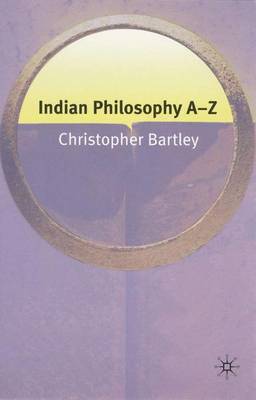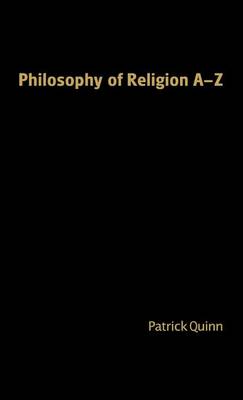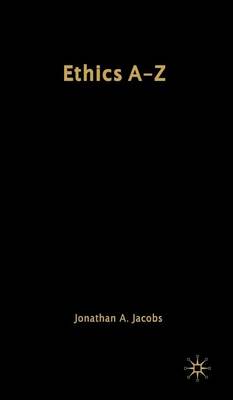Philosophy A-Z
4 total works
This alphabetical handbook defines and explains key concepts in classical Indian philosophy, identifies controversial issues, describes major traditions of thought, and locates influential thinkers in their intellectual and religious contexts. Extensive cross-referencing provides users with an overview of systematic doctrines and disagreements. While many entries deal with fundamentals, others explain technicalities usually overlooked in Western writings about Indian thought, making Indian Philosophy A-Z a unique resource for both beginners and specialists in the fields of Indian religions and philosophies.
In an accessible style and format, Jewish Philosophy A-Z covers everything from Philo to Levinas and explores non-Jewish thinkers, such as Plotinus and Heidegger, who have had an important influence on Jewish philosophy.
Philosophy of Religion A-Z provides an overview of the main themes, key figures, and issues in the subject. Both topical and historical, it examines key concepts from the Absolute and the Afterlife to World Religions and Yoga, as well as thinkers from Abraham to Wittgenstein. The relationship between philosophy and theology is examined as is that between religion, faith and belief. This reference guide will be useful for anyone interested in the philosophy of religion in philosophy and theology as well as in anthropology, cultural and religious studies, mythology, and the psychology and sociology of religion.
This book is a valuable guide to ethical issues and the language, concepts, and positions central to ethical theorizing. Entries identify and explain complex issues of normative ethics, metaethics, and moral psychology without being technical. Clearly written, entries range from antiquity to the present, and from the basic to the more advanced. Extensive cross-references allow the reader easily to make and follow connections and pursue issues. Topics include Aristotle, virtue-centered theory, eudaimonism, hedonism, Bentham, naturalism, utilitarianism, and supervenience. The cross-references also enable the reader to follow through on topics to the desired degree of depth. Entries identify and explain complex issues of normative ethics, metaethics, and moral psychology without being technical. Ethics A-Z is for undergraduate and post-graduate students as well as the general reader. It is a valuable guide to ethical issues and the language, concepts, and positions central to ethical theorizing.



